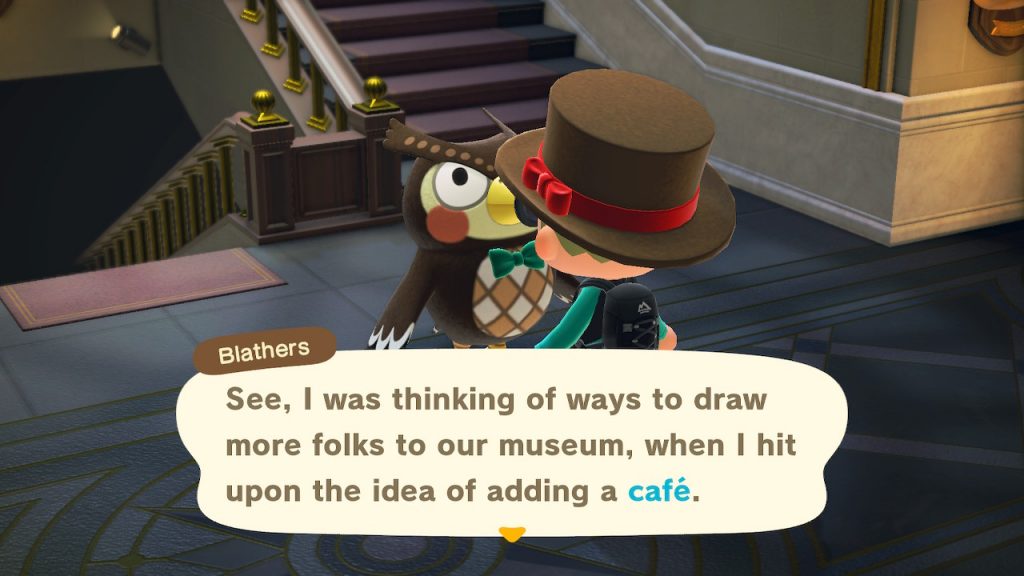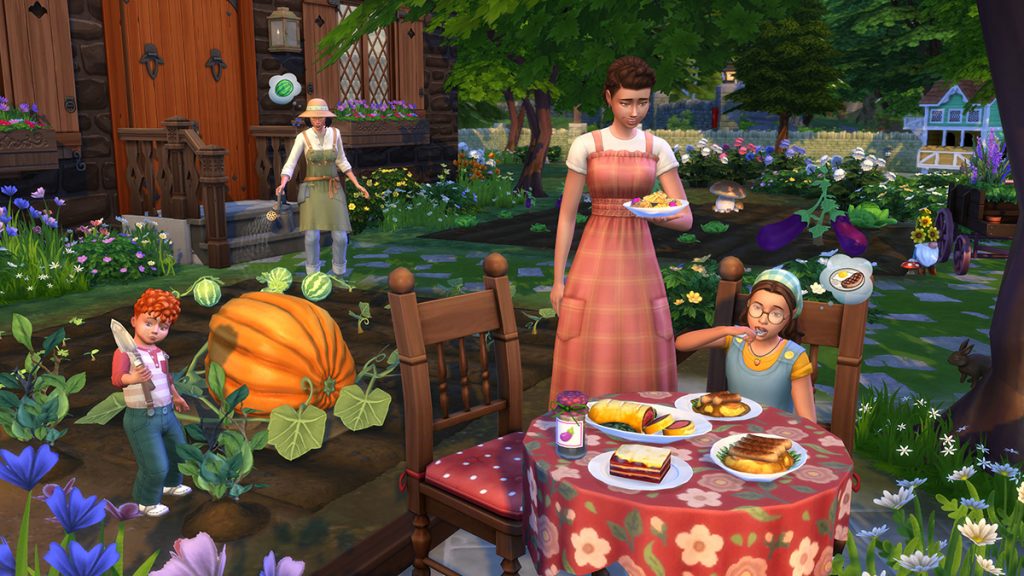Cosy gaming is having a moment. You’ve probably noticed it in your own library—more titles that don’t demand lightning reflexes, tactical loadouts, or hundreds of headshots. Instead, they offer quiet comfort. Games like Stardew Valley, Town to City, Spiritfarer, and even the melancholic calm of Dredge are finding an increasingly devoted player base. But why now?
Escapism, not adrenaline
In an era where stress feels like the default setting—global uncertainty, burnout culture, always-on notifications—it’s no wonder players are gravitating towards games that offer space to breathe. Where traditional shooters and survival games ratchet up the tension, cosy gaming offers a psychological exhale. You’re not fighting to survive—you’re planting crops, arranging furniture, or tending to a sleepy town.
One of the many benefits of cosy gaming is games in the genre often don’t even require you to think when playing. Things just come as second nature and you can almost pass the time on autopilot. Only realising how much time actually has passed when you suddenly feel your stomach grumble and look at the time.

The appeal of small-scale wins
Cosy games thrive on micro-rewards. There’s a dopamine hit not from a killstreak, but from catching a rare fish, organising your in-game bookshelf just right, or simply watching your farm flourish over time. These games cater to the human desire for progress—but on our own terms.
No need to aim for the moon so even if you fail, you’ll fall among the stars. Cosy gaming is ok with small gains. It’s all about just taking that next small step, and if you’re not ready to make it today, no problem. There is always tomorrow.
Rewriting the power fantasy
For years, games have leaned on power fantasies: bigger guns, faster cars, tougher enemies. Cosy games flip that script. You’re not a hero saving the world—you’re a beekeeper, a postmaster, or a gentle ghost guide. The fantasy becomes emotional rather than physical—offering control, safety and serenity in a chaotic world.
Sure, some games like The Sims may add a little chaos to that mix by allowing you to set the house on fire or locking your partner in an inescapable room so they starve to death because you just don’t want to break up with them. But, those kinds of moments don’t happen too often. Or at least they shouldn’t. Right?

A cultural shift or just a countertrend?
There’s also a generational factor at play. Younger players are increasingly drawn to titles that promote mindfulness, inclusivity, and slower paces. But this isn’t just a passing phase—it’s a shift in how games are valued. The industry is beginning to recognise that a game’s impact doesn’t have to be measured in kill counts or leaderboard rankings.
Even cosy games can be unsettling
Interestingly, not all cosy games are all sunshine and rainbows. Dredge, for instance, wraps fishing sim mechanics in Lovecraftian dread. Yet it still resonates with fans of the genre—proving that cosy doesn’t have to mean twee. It’s more about mood, pacing and emotional tone than visual softness alone.

The future of cosy gaming
With more developers embracing this genre, and communities growing around these peaceful digital spaces, cosy gaming isn’t just a niche anymore. It’s a pillar of modern game design. And maybe, just maybe, it’s a sign that players are done chasing high scores—and just want to feel something real.
Click here for even more opinion pieces by our writers.